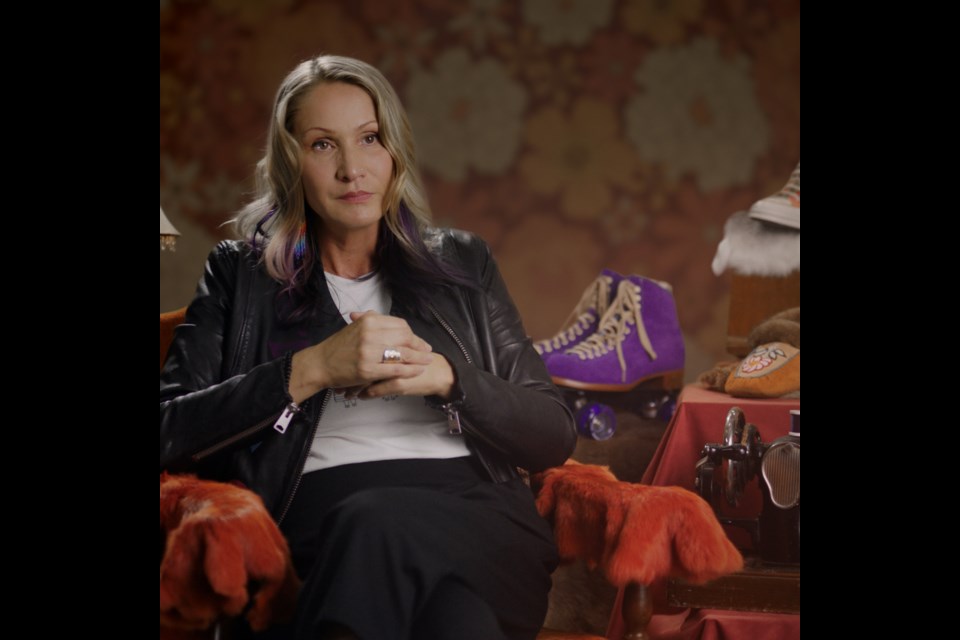The National Film Board of Canada (NFB) is planning to bring, barring any obstacles, Dr. Jules Arita Koostachin to this year’s qathet International Film Festival (qIFF) for the screening of her Best BC Film award-winning documentary WaaPaKe (Tomorrow). The screening is scheduled for March 8, which is also International Women's Day.
Koostachin, a Cree director who lives in Vancouver, directed this personal documentary which, "unravels the tangled threads of silence suffered by residential school survivors and their descendants through truth, freedom and power, including members of Koostachin's own family,” according to the NFB synopsis.
The director uses collage, soundscapes and other innovative cinematic devices such as set design to illustrate that: “In learning how to actively demonstrate love and break the cycle of abuse, Indigenous ways of being, as well as creativity, play an enormous role, whether it’s filmmaking, poetry or learning to hunt in the ancestral way.”
The 80-minute, English and Cree language film had its world premier at Vancouver International Film Festival in September 2023 and is now on the festival circuit. The documentary explores intergenerational trauma by those who lived through residential school, and the impact on those raised by survivors.
"Whenever I produce new works, my main audience in mind is my community, an Indigenous community,” said Koostachin in an interview with the NFB. “I do this because I was raised by my Cree grandparents and my mother. It is a part of my DNA to start my story from this place of knowing.
“I was raised with the Cree language and culture and it is inevitable that it will come through in my storytelling practice.”
The filmmaker tries to understand how to break the cycle of hurt by asking the question: Who are we without our pain?
"WaaPaKe is a personal narrative of trying to find peace from within; it’s about forgiveness and hope for a better tomorrow,” said Koostachin. “It took me a long time to decide on the right platform to share my truth, and I am grateful that it unfolded as it did.
“During production I invited some of my friends with similar experiences to help me by sharing their own experiences of intergenerational trauma. I was in awe at how articulate and powerful our conversations were. I felt honoured and empowered to be a part of their journey."
According to the NFB production team: “In her efforts to help the children of survivors, including herself and her family, Koostachin makes the difficult decision to step in front of the camera and participate in the circle of truth. She is joined by members of her immediate family, as well as an array of voices from other Indigenous communities."
As an artist, Koostachin finds it challenging at times to fully articulate her messaging in the story because it comes from her soul.
“It comes from a place of truth searching; it is hard to put into words at times, especially when we are speaking to our own lived experiences or from our heart,” said Koostachin. “I want people to engage with my work and learn something about Indigeneity. For me, if a film really impacts me, I’ll watch it over and over. Every single time, I take away something new, and I believe it’s because I’ve changed. This is the beautiful part of storytelling."
According to the NFB production: “WaaPaKe goes beyond burying intergenerational trauma and is an invitation to unravel the tangled threads of silence.”
The film screens during qIFF 2024 on March 8 (7 pm) at the Patricia Theatre.To watch the trailer, go to vimeo.com/863967679.
Join the Peak’s email list for the top headlines right in your inbox Monday to Friday.




